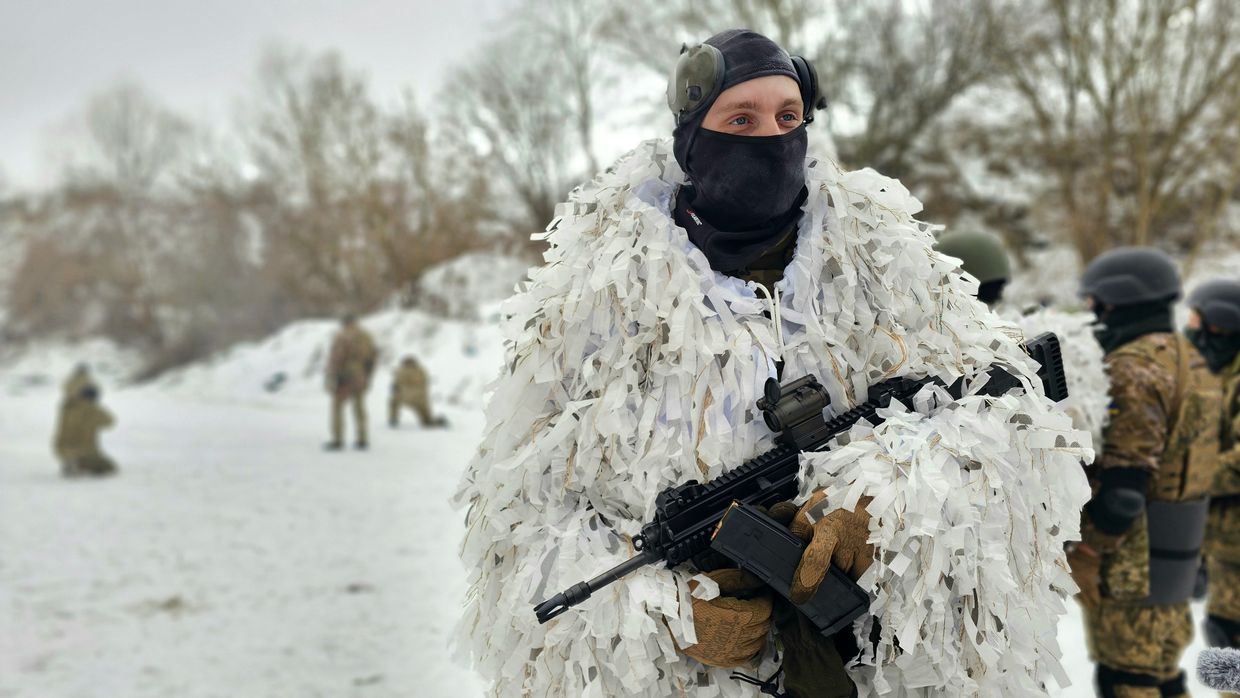Budanov: Ukraine to continue to support anti-Kremlin militias

Ukraine's military intelligence chief Kyrylo Budanov said on March 16 on national television that anti-Kremlin militias were becoming "a force" and Ukraine would help them in their operations on Russian territory.
The Freedom of Russia Legion, the Siberian Battalion, and the Russian Volunteer Corps launched cross-border incursions into Russia's Belgorod and Kursk oblasts on March 12, allegedly resulting in clashes with Russian forces in several settlements.
"No doubt the subjectivity (of anti-Kremlin militias) has been shaping up, they cannot be called a 'grouping' anymore, now they are becoming a force," Budanov said, adding that anti-Kremlin militias act together relying on the common vision of Russia's transformation.
Anti-Kremlin Russian units do not plan to stop in the near future and "will do everything in their abilities", Budanov said.
Ukraine's military intelligence chief also added that anti-Kremlin militias had been helping Ukraine from the very beginning of Russia's full-scale invasion, and Ukrainian forces would try to support them as well "to the extent possible."
The Freedom of Russia Legion on March 16 reiterated its call to the citizens of Belgorod and Kursk Oblasts to evacuate from the region, as a "mass attack on Putin's troops" would continue.
Earlier on March 16, Vyacheslav Gladkov, the governor of Russia's Belgorod Oblast, claimed that Belgorod and the surrounding region came under a rocket attack. It was the second reported attack against the city in a single day.
Ukrainian officials did not comment on the claims, which cannot be independently verified.
Belgorod lies less than 40 kilometers (around 25 miles) north of the border with Ukraine's Kharkiv Oblast. Local officials have alleged strikes against the city multiple times throughout the full-scale war, for example, on March 14.











